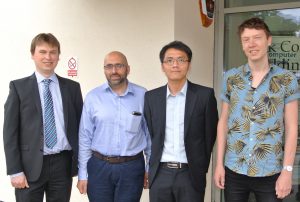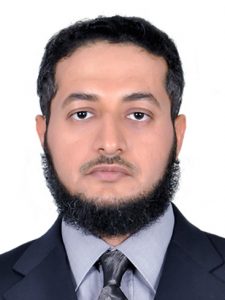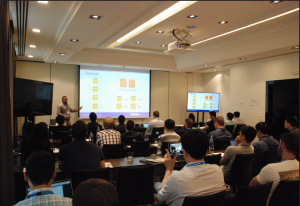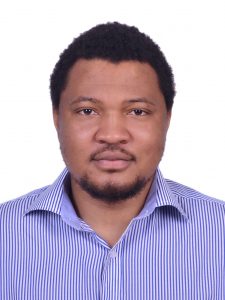Dawand’s abstract
The concept of using cloud hosted infrastructure as a means to overcome the resource-constraints of mobile devices is known as Mobile Cloud Computing (MCC), and allows applications to run partially on the device, and partially on a remote cloud instance, thereby overcoming any device-specific resource constraints. However, as smart phones and tablets gain more CPU power and longer battery life, the meaning of MCC gradually changes. Instead of being fully dependent on the cloud, a number of nearby devices can be used to coordinate and distribute content and resources in a decentralised manner; this is known as Mobile Ad hoc Cloud Computing. Mobile devices with less computational power and lower battery life can be leveraged by the nearby mobile devices to run resource-intensive applications. Therefore, more efficient and reliable methodologies need to be explored for resource hungry and real time applications such as face recognition, data-intensive, and augmented reality mobile applications.
We present a unified framework which allows each mobile device within the shared environment to intelligently offload its computation to other external platforms. For the individual mobile devices, it is important to make the offloading decision based on network conditions, load of other machines, and mobile device’s own constraints (e.g., mobility and battery). Moreover, to achieve a global optimal task completion time for tasks from all the mobile devices, it is necessary to devise a task scheduling solution that schedules offloaded tasks in real time. The offloading decision engine needs to adapt to the dynamic changes in both the host device and connected nearby and remote devices.
Teng’s abstract
Accelerators are becoming increasingly prevalent in distributed computation. FPGAs have been shown to be fast and power efficient for particular tasks, yet scheduling on multi-accelerator systems is challenging when workloads vary significantly in granularity in terms of task size and/or number of computational unit required.
We present a novel approach for dynamically scheduling tasks on networked multi-accelerator systems which maintains high performance, even in the presence of irregular jobs. Our topological ranking-based scheduling allows realistic irregular workloads to be processed while maintaining a significantly higher level of performance than existing schedulers.
Event details
- When: 12th October 2017 13:00 - 14:00
- Where: Cole 1.33b
- Series: Systems Seminars Series
- Format: Seminar






